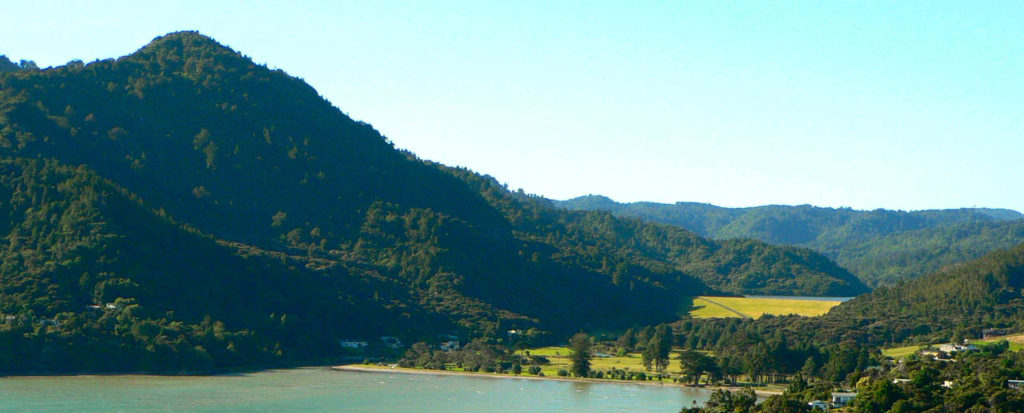
It is crunch time for GM Free regions this week, as a critical stage of the Resource Legislation Amendment Bill looms.
The Bill is set to enter the committee stages – the last opportunity to make changes to the Bill. It is there that the Maori Party is expected to deliver on its pledge to protect GM Free regions from new ministerial override powers Environment Minister Dr Nick Smith wants.
In addition, a further clause inserted after public consultation would remove the right of regions to place land use precautions on genetically modified organisms (GMO) in their plans.
The ACT and the Green Parties have both tabled amendments to delete the clauses (360D, 43A, 43B) that would undermine the regions’ right to decide on GMOs and other significant environmental issues in their territories. It is understood that NZ First will also put up similar amendments. The Maori Party has assured the public that they have negotiated terms to achieve a GE Free Aotearoa. [1]
An international delegation talking on GM forestry in Chile last week, indigenous communities of Brazil and Uruguay, who have had overwhelming negative experiences of commercial GMO plants in their territories, reached out to express their solidarity with the Maori people. They urged the Maori Party to defend the right of communities in Aotearoa to keep their lands GM Free.
“The introduction of GMOs in our communities has been traumatic,” said Teresa Perez of the World Rain Forest Movement. “Forests have disappeared, indigenous communities have suffered, and people have been poisoned due to the massive overuse of pesticides on transgenic crops.” [2]
“GE Free New Zealand urges that all clauses in the RLA taking away the communities’ democratic right to adopt precautionary land use rules around GMOs be dropped from this seriously flawed and inconsistent legislation,” said Claire Bleakley, president of GE-Free NZ.
GE-Free NZ has strongly opposed the advancement of genetically engineered trees in New Zealand. The impacts of genetically modified trees on essential soil organisms, plants, birds, and insects could be widespread, permanent, and economically damaging.
“The effects could be detrimental to forestry companies wanting to certify and add value to their exports,” said Jon Carapiet spokesman for GE-Free NZ in a 2016 release.
References:
[1] Marama Fox RLA debate – second reading https://www.youtube.com/watch?v=lTaj9sNMILA
[2] Teresa Perez World Rainforest Movement https://www.youtube.com/watch?v=yDPw3-KFLGY
